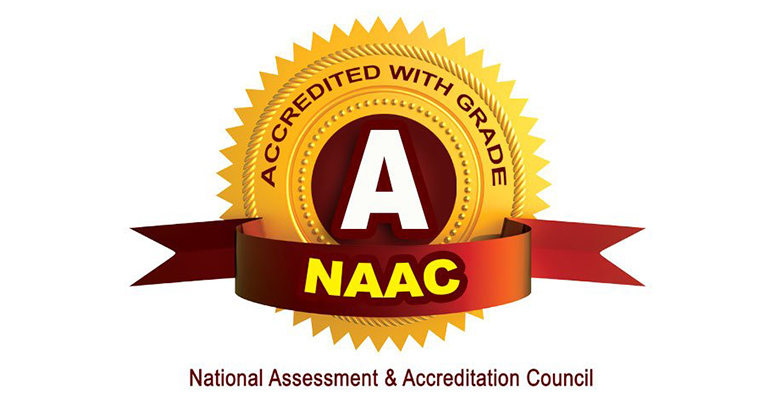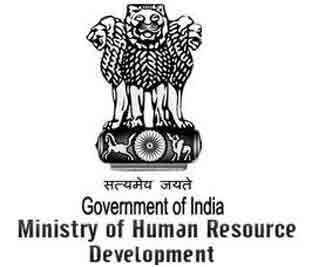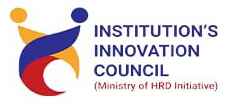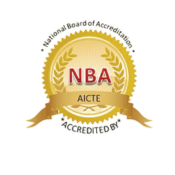Quality Initiative : 1.3.1
Maland College of Engineering (MCE) Hassan aspires to produce socially responsible professionals by creating a conducive atmosphere for teaching-learning process ensuring professional and ethical values in all institutional endeavours. Further, MCE attempts a more comprehensive approach to integrating sustainability into engineering education through introduction of courses emphasizing on the need for frugal engineering practices. Through the completion of prescribed courses over a duration of eight semesters, MCE advocates inculcation of a professional code of ethics among all its graduates through practice. Students are encouraged to undergo internships during their final year to experience the work ethics, to get exposed to a professional set-up before graduating.
MCE has made several efforts towards developing value-based education to improve physical health, strengthening life forces, wellness of mind, individual virtues, societal virtues, morals, human values and harmony among the engineering students. Beyond the syllabus, MCE organized programmes to inculcate human values in students and staff which includes periodic Blood Donation Camp, arrangement of social and cultural activities in the college and adopted village by NSS unit.
Professional Ethics: A mandatory course on "Constitution of India and Professional Ethics” is included in the curriculum to study ethical practices in engineering. Professional Ethics infuses ethics in the workplace that has given new importance to human relations and values. Further, the inner ability of students is strengthened through soft skills training. Placement Cell of the institute organized placement activities including training, development of students, aptitude tests on a regular basis as per the current industry requirements.
Gender: Although no courses are introduced to directly impart gender equality, MCE practices gender equality in all its academic-related activities. Minor / Major projects, course activities, lab groups, and club activities are performed by groups of like-minded students irrespective of gender. The Women Empowerment Cell established in the college helps female faculty and students to discover their potential in all aspects, providing an affable working/studying environment for them by addressing any grievances. Club activities and responsibilities are equally shared among boys and girls.
LEARNING LEVEL ASSESSMENT:
The college provides an induction program of 3 weeks for first-year students to know about the college environment, facilities, academic and administrative regulations and procedures. At every academic year, an orientation program is conducted to refresh their knowledge of previous courses and match the current course prerequisites.academic profiles like vocational, state board, CBSE, ICSE, various streams of study, join the institution who get oriented towards the engineering curriculum.
The institution periodically assesses the student performance through Continuous Internal Examination (CIE), additional tests, assignments, quizzes,end-semester examination and constant mentoring of students by the faculty mentors.Based on this, the advanced learners and the slow learners are identified.
PROGRAMS FOR ADVANCED LEARNERS
Students are allowed to take up industrial internship in their final semester. The Students are encouraged to take up SWAYAM-NPTEL courses.The credits earned in these courses are transferred to the grand statement.
Thetechnically strong studentsare trained and motivated to participate in various technical competitions and publish papers in conferences.
The advancedstudents are motivated to bring innovative projects and research work for their end semester
The advanced level learners are awarded with Mr. Shreedhar memorial awards as proficiency winners as per their skills and knowledge.Fast learners are motivated to attend various co-curricular and extracurricular activities in Inter and Intra College competitions







